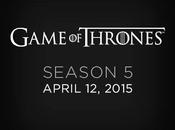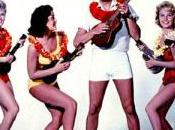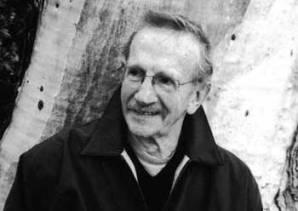 Philip Levine, "known for his emphasis on the voice of the ordinary workingman and the industrial heartland" (as Dwight Garner writes on the NYT), is the new Poet Laureate of America.
Philip Levine, "known for his emphasis on the voice of the ordinary workingman and the industrial heartland" (as Dwight Garner writes on the NYT), is the new Poet Laureate of America.And, according to the NYT, "Americans are rushing to read poetry". "One day after Philip Levine was named the next poet laureate, his books have quickly sold out (...) making it nearly impossible to immediately acquire copies of some collections of his poems. On the Amazon.com 'Movers and Shakers' list, which tracks books that are growing the most quickly in popularity, two by Mr. Levine were at the top of the list: 'What Work Is', a collection of poems that won a National Book Award, and 'The Simple Truth', a collection that won a Pulitzer Prize".
Here's one of my favourite poems of his.
The Simple Truth
I bought a dollar and a half's worth of small red potatoes,
took them home, boiled them in their jackets
and ate them for dinner with a little butter and salt.
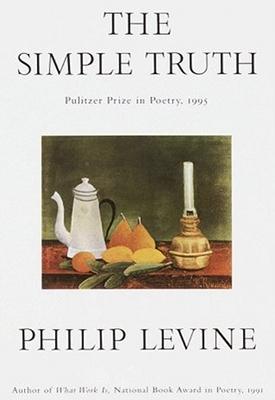
Then I walked through the dried fields
on the edge of town. In middle June the light
hung on in the dark furrows at my feet,
and in the mountain oaks overhead the birds
were gathering for the night, the jays and mockers
squawking back and forth, the finches still darting
into the dusty light. The woman who sold me
the potatoes was from Poland; she was someone
out of my childhood in a pink spangled sweater and sunglasses
praising the perfection of all her fruits and vegetables
at the road-side stand and urging me to taste
even the pale, raw sweet corn trucked all the way,
she swore, from New Jersey. "Eat, eat" she said,
"Even if you don't I'll say you did."
Some things
you know all your life. They are so simple and true
they must be said without elegance, meter and rhyme,
they must be laid on the table beside the salt shaker,
the glass of water, the absence of light gathering
in the shadows of picture frames, they must be
naked and alone, they must stand for themselves.
My friend Henri and I arrived at this together in 1965
before I went away, before he began to kill himself,
and the two of us to betray our love. Can you taste
what I'm saying? It is onions or potatoes, a pinch
of simple salt, the wealth of melting butter, it is obvious,
it stays in the back of your throat like a truth
you never uttered because the time was always wrong,
it stays there for the rest of your life, unspoken,
made of that dirt we call earth, the metal we call salt,
in a form we have no words for, and you live on it.
And here's another one:
The Fox
I think I must have lived
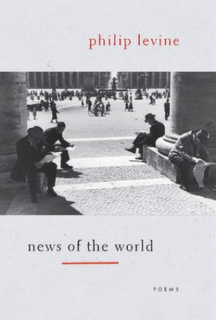 Once before, not as a man or womanBut as a small, quick fox pursuedThrough fields of grass and grainBy ladies and gentlement on horseback.This would explain my noseAnd the small dark tufts of hairThat rise from the base of my spine.It would explain why I amSo seldom invited out to dinnerAnd when I am I am neverInvited back. It would explainMy loathing for those on horsebackIn Central Park and how I canSo easily curse them and challengeThe men to fight and why no matterHow big they are or how youngThey refuse to dismount,For at such times, rock in hand,I must seem demented.My anger is sudden and total,For I am a man to whom angerUsually comes slowly, spreadingLike a fever along my shoulders
Once before, not as a man or womanBut as a small, quick fox pursuedThrough fields of grass and grainBy ladies and gentlement on horseback.This would explain my noseAnd the small dark tufts of hairThat rise from the base of my spine.It would explain why I amSo seldom invited out to dinnerAnd when I am I am neverInvited back. It would explainMy loathing for those on horsebackIn Central Park and how I canSo easily curse them and challengeThe men to fight and why no matterHow big they are or how youngThey refuse to dismount,For at such times, rock in hand,I must seem demented.My anger is sudden and total,For I am a man to whom angerUsually comes slowly, spreadingLike a fever along my shoulders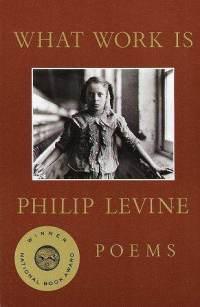 And back and turning my stomachTo a stone, but this fox angerIs lyrical and complete, as I standIn the pathway shouting and refusingTo budge, feeling the dignityOf the small creature menacedBy the many and larger. Yes,I must have been that unseen foxWhose breath sears the thick bushesAnd whose eyes burn like opalsIn the darkness, who humpsAnd shits gleefully in the horsepathSoftened by moonlight and goes onFeeling the steady measured beatOf his fox heart like a wordlessDelicate song, and the quick forepawsChoosing the way unerringlyAnd the thick furred body followingWhile the tail flows upward,Too beautiful a plume for anyoneExcept a creature who must proclaimNot ever ever everTo mounted ladies and their gentlemen.
And back and turning my stomachTo a stone, but this fox angerIs lyrical and complete, as I standIn the pathway shouting and refusingTo budge, feeling the dignityOf the small creature menacedBy the many and larger. Yes,I must have been that unseen foxWhose breath sears the thick bushesAnd whose eyes burn like opalsIn the darkness, who humpsAnd shits gleefully in the horsepathSoftened by moonlight and goes onFeeling the steady measured beatOf his fox heart like a wordlessDelicate song, and the quick forepawsChoosing the way unerringlyAnd the thick furred body followingWhile the tail flows upward,Too beautiful a plume for anyoneExcept a creature who must proclaimNot ever ever everTo mounted ladies and their gentlemen.



